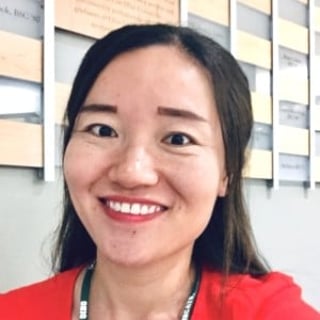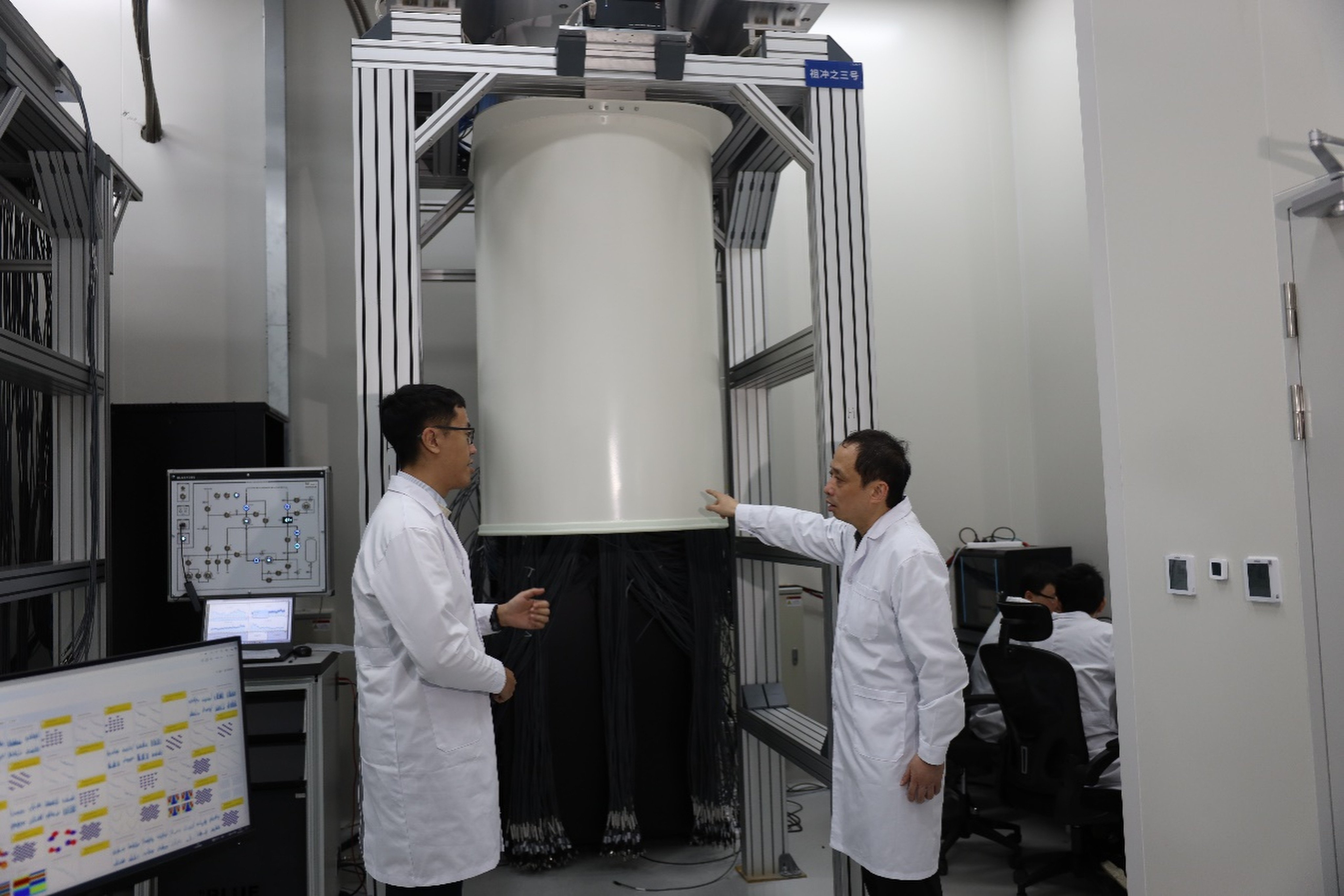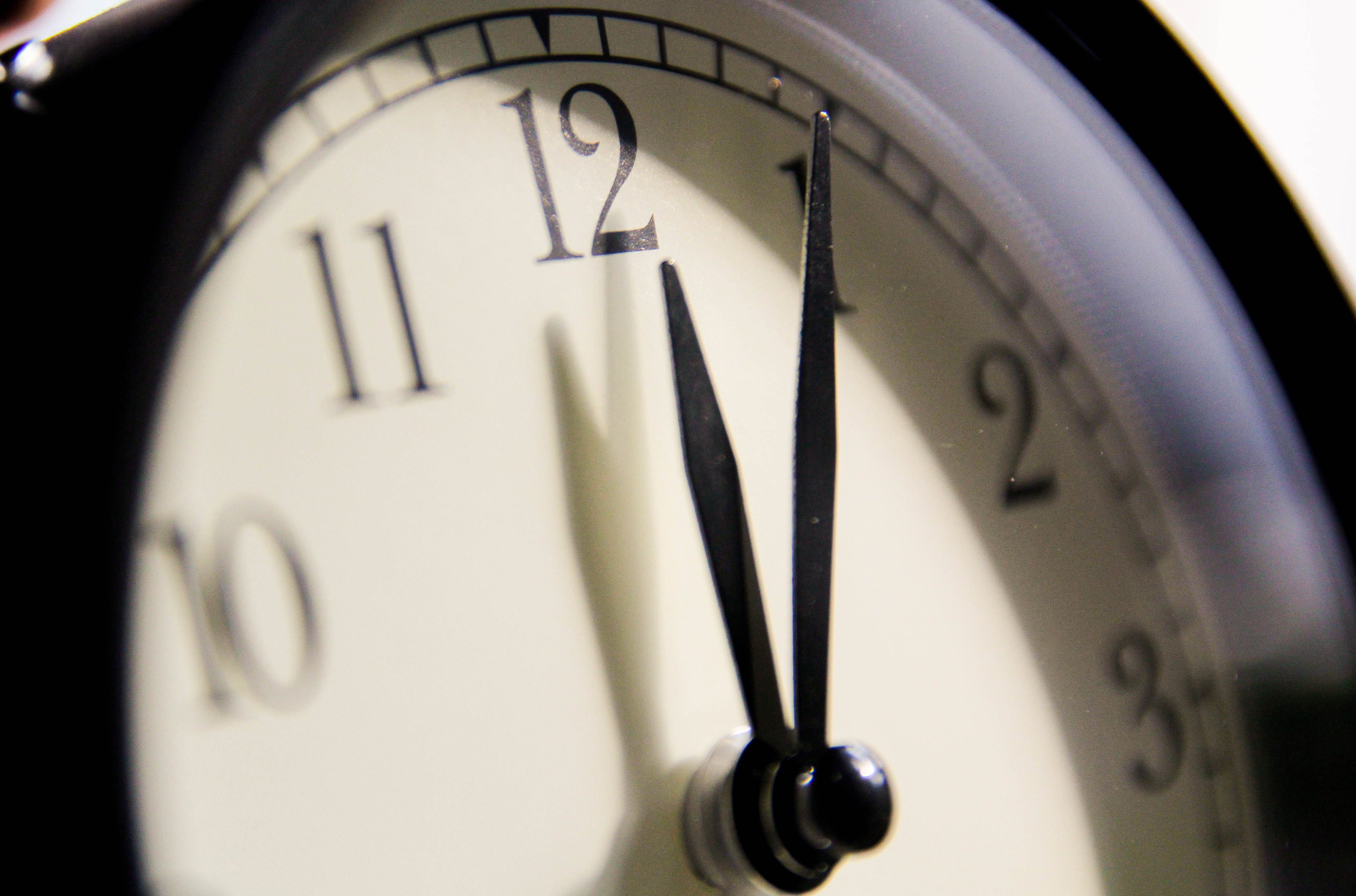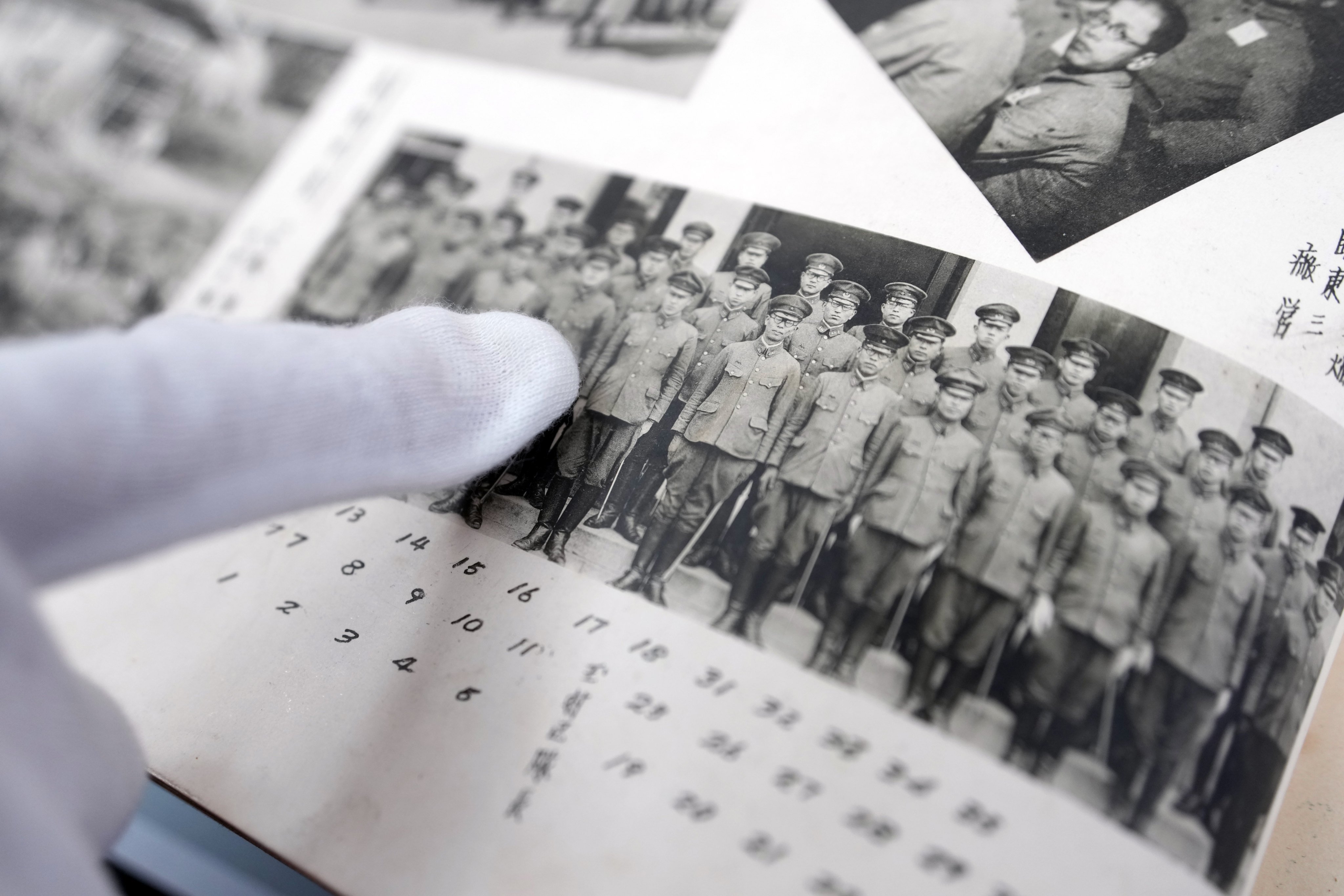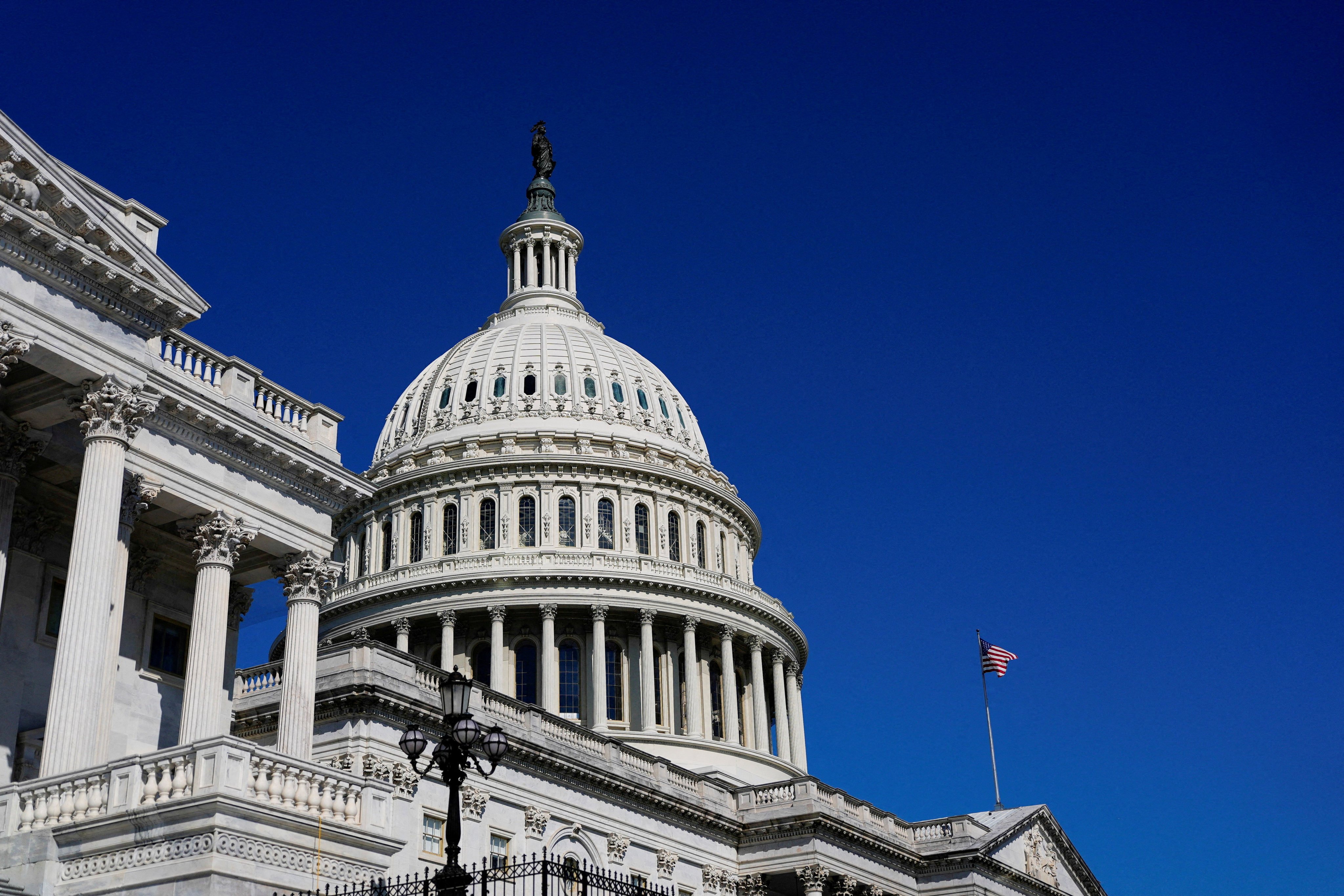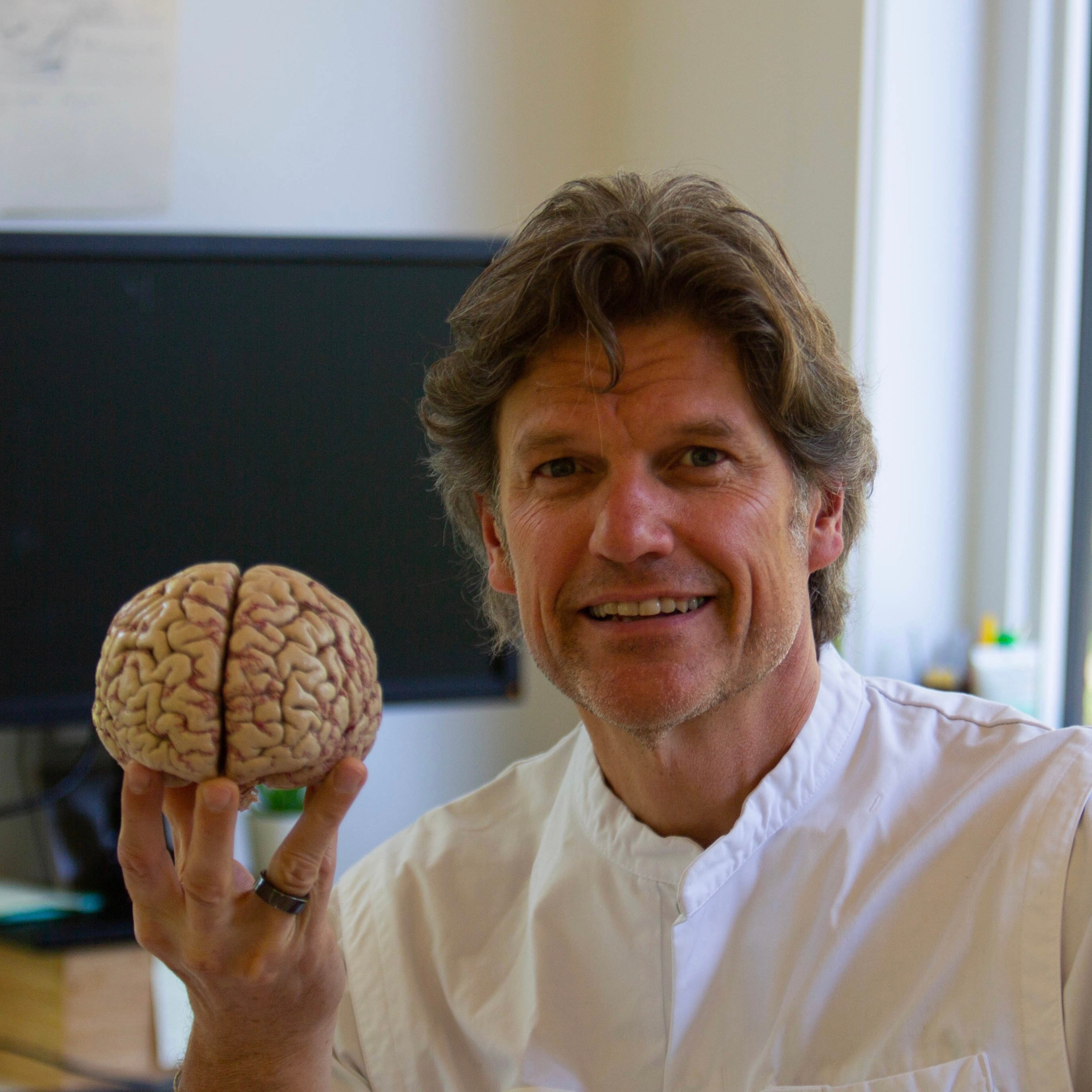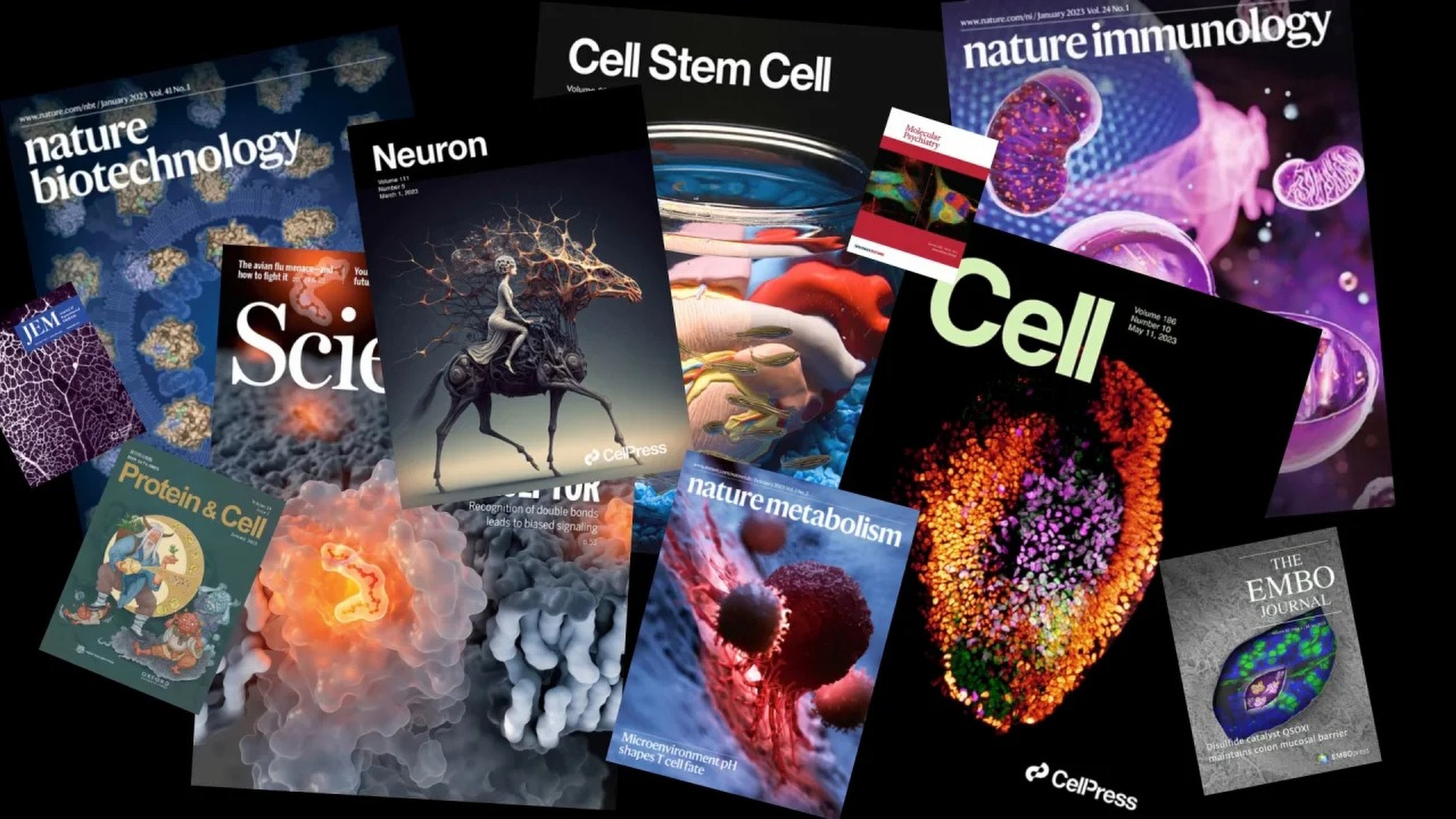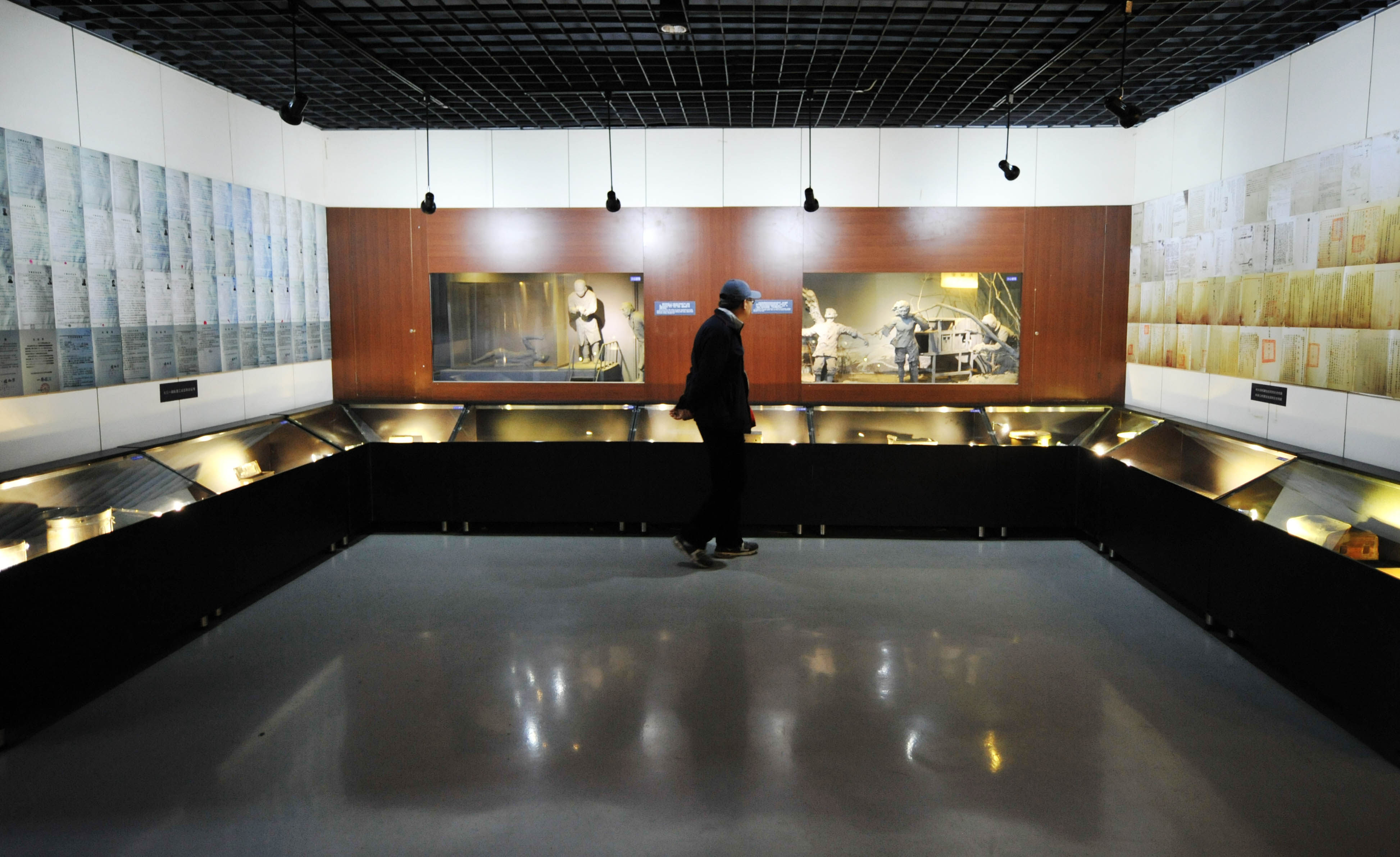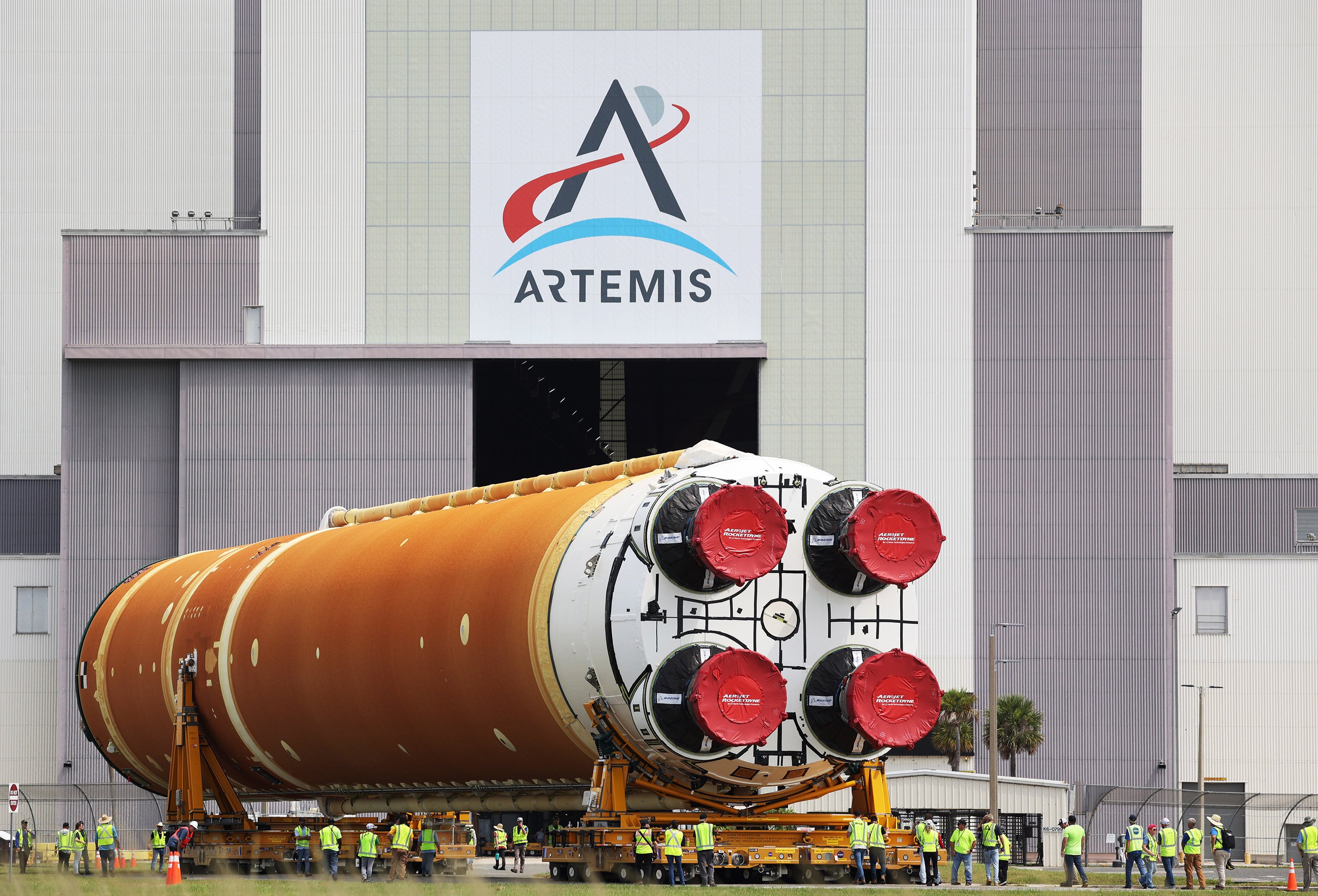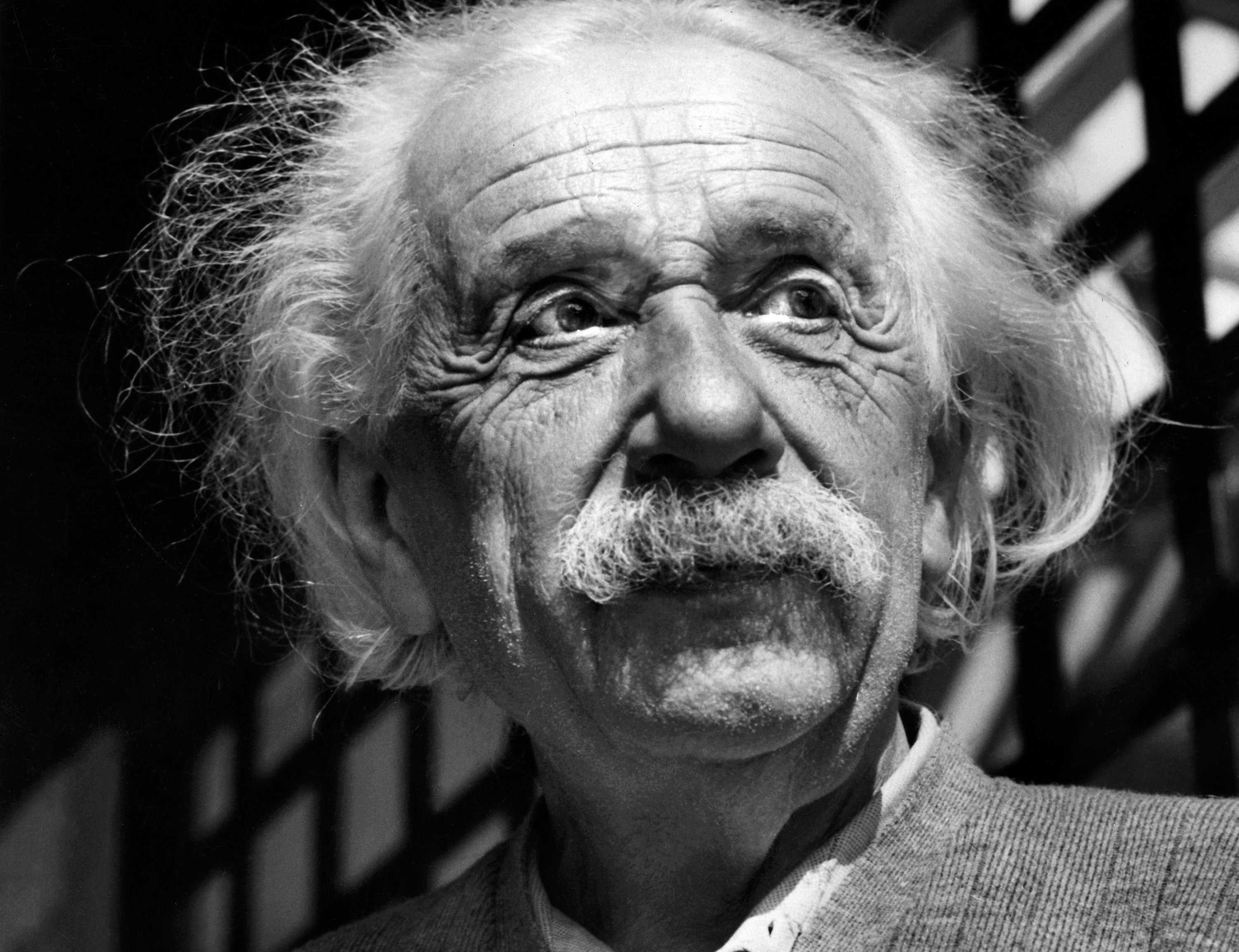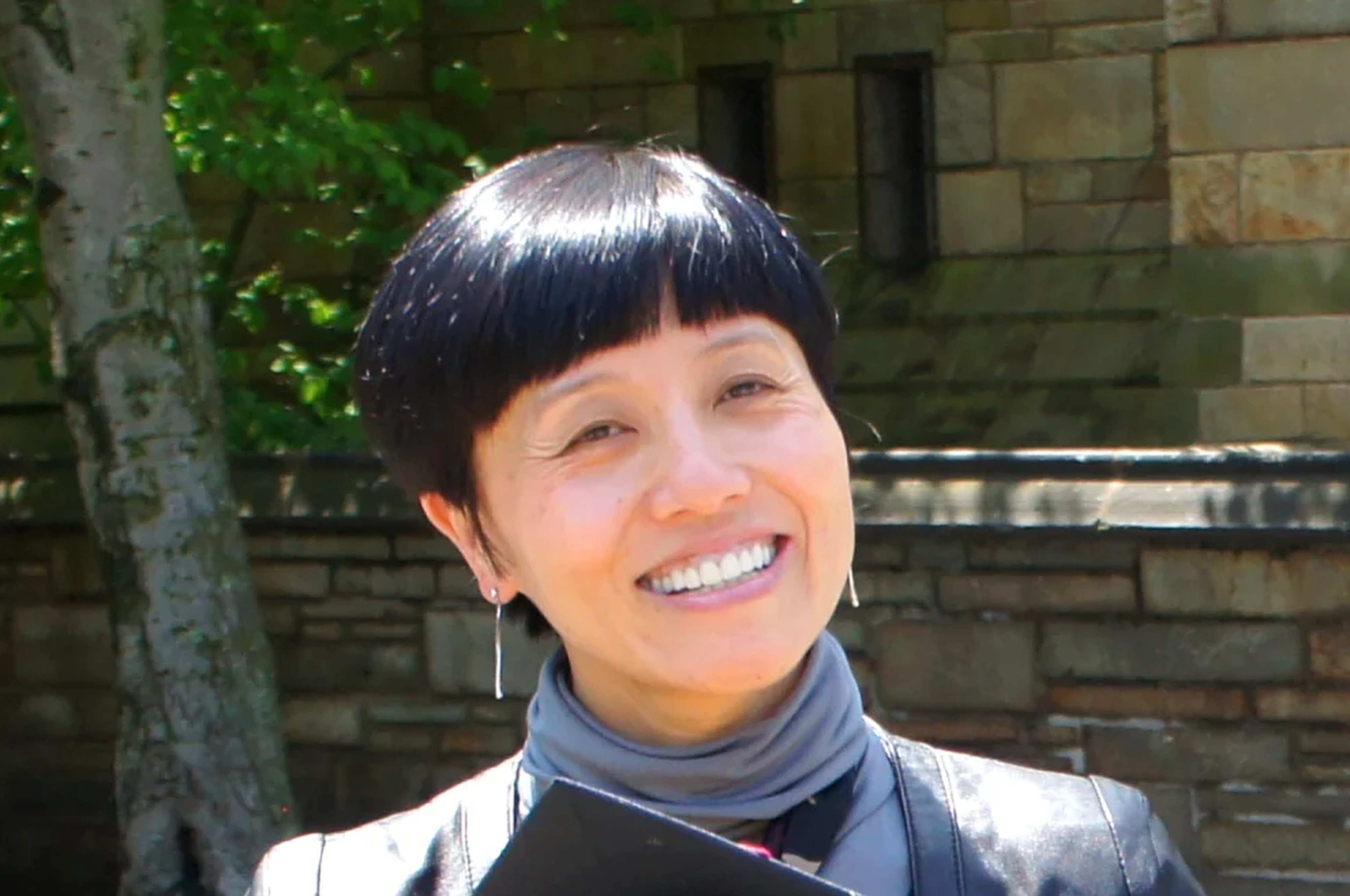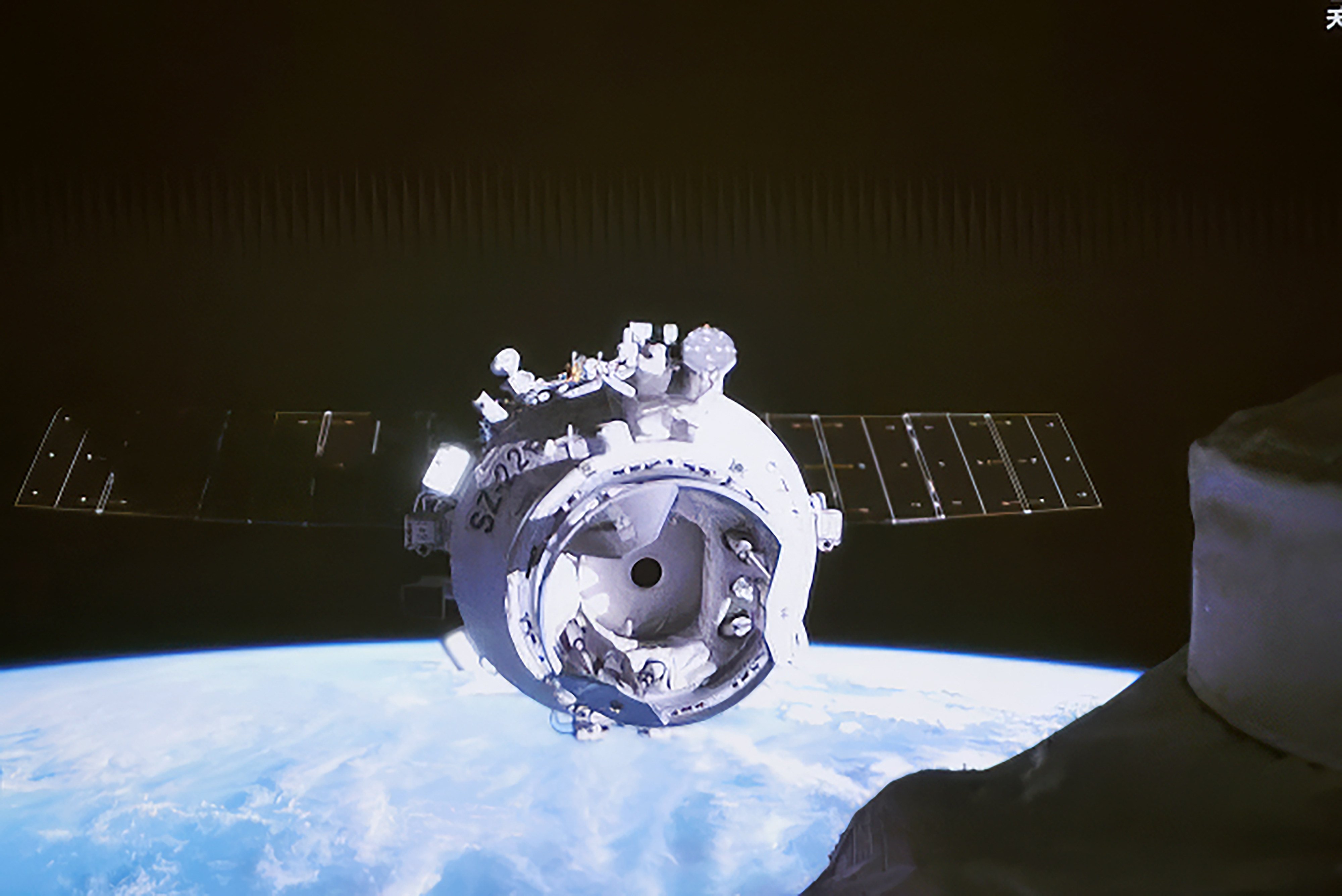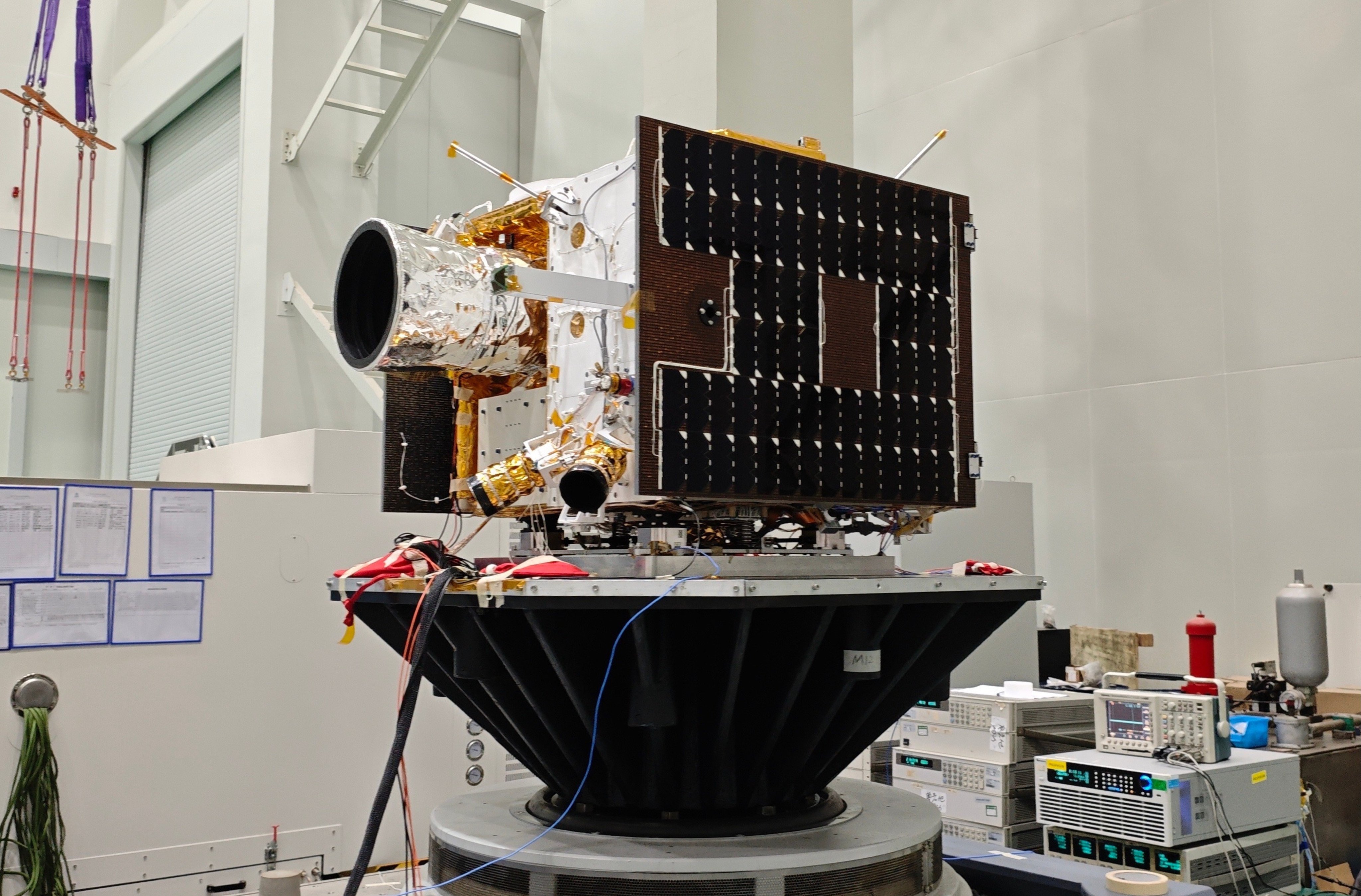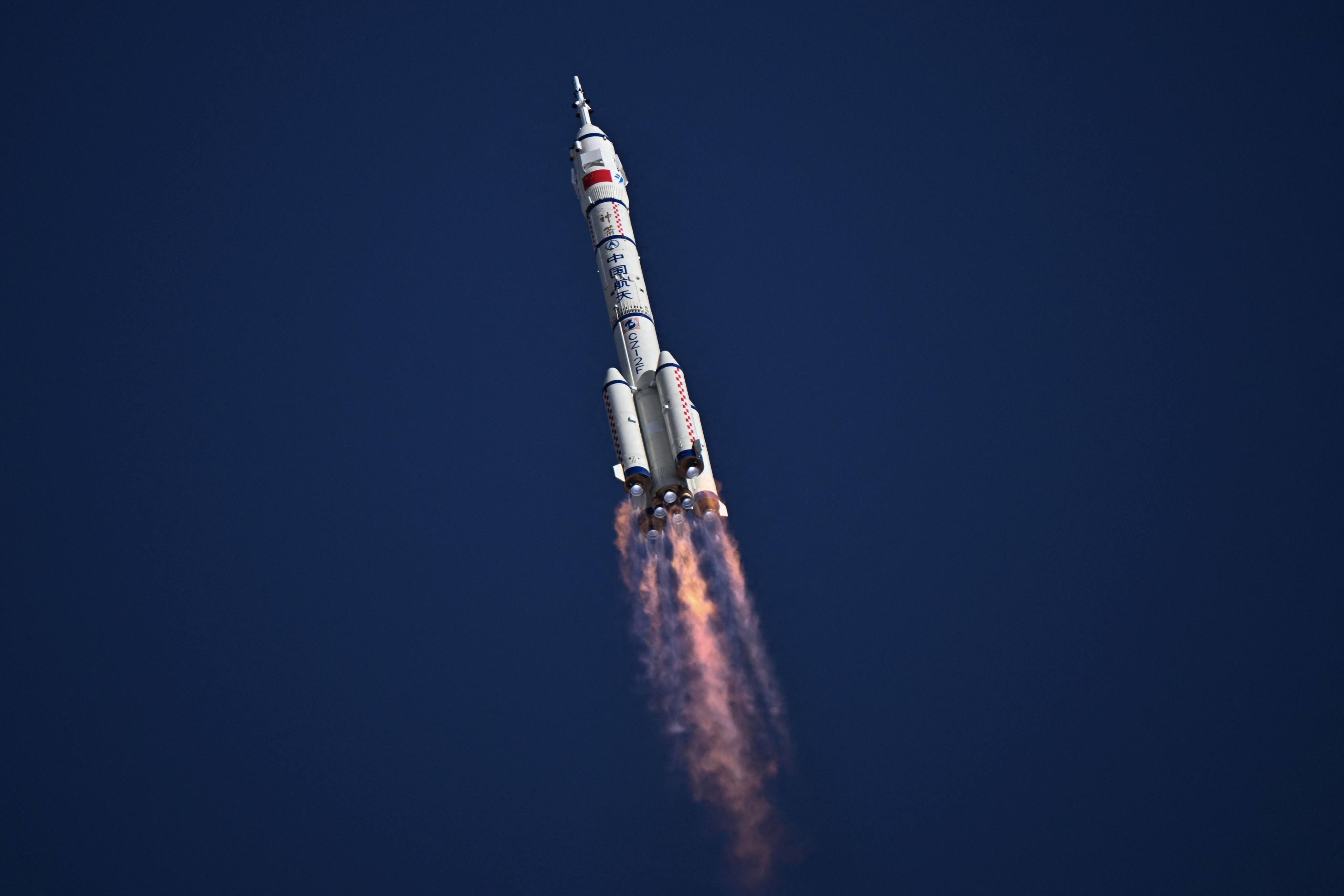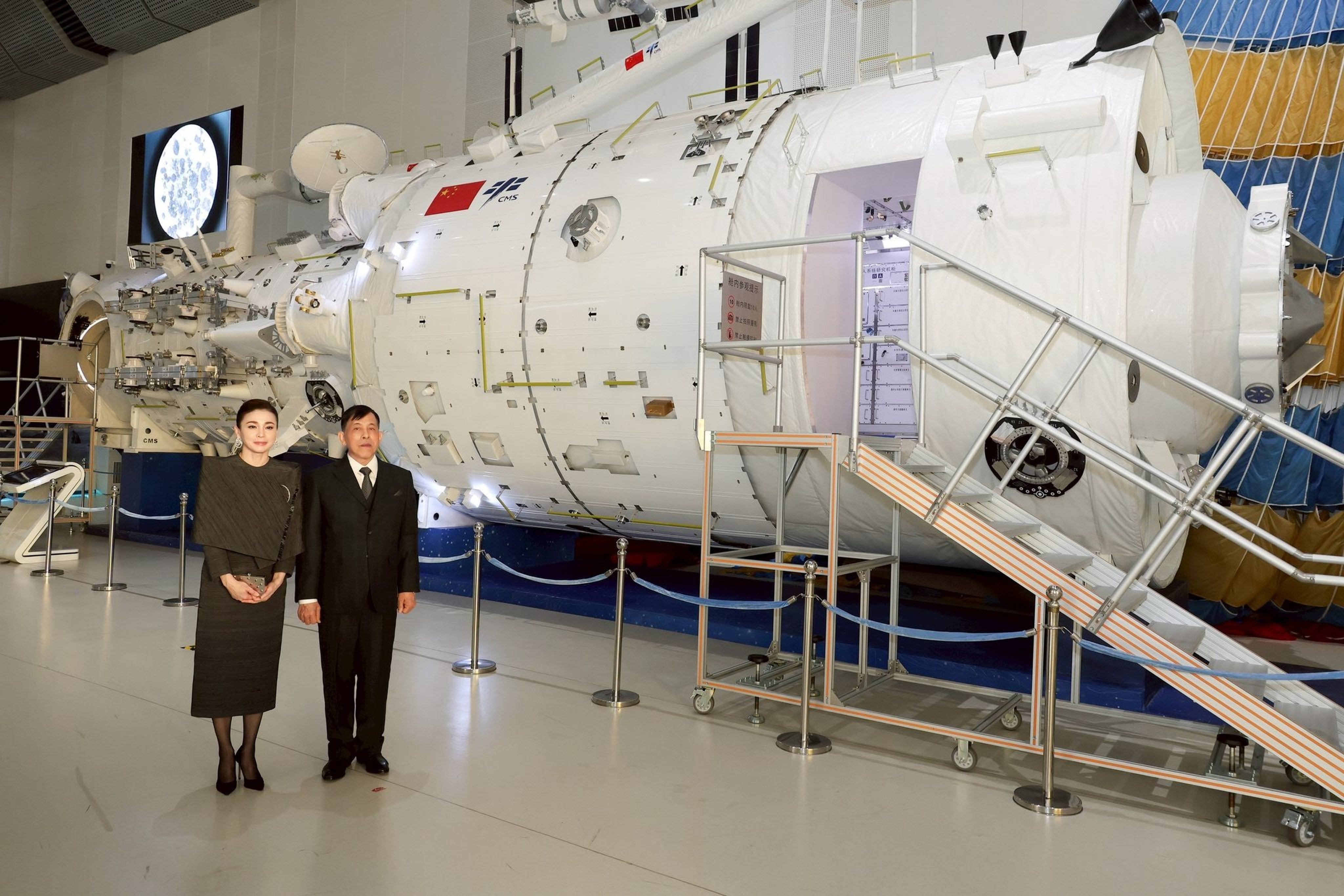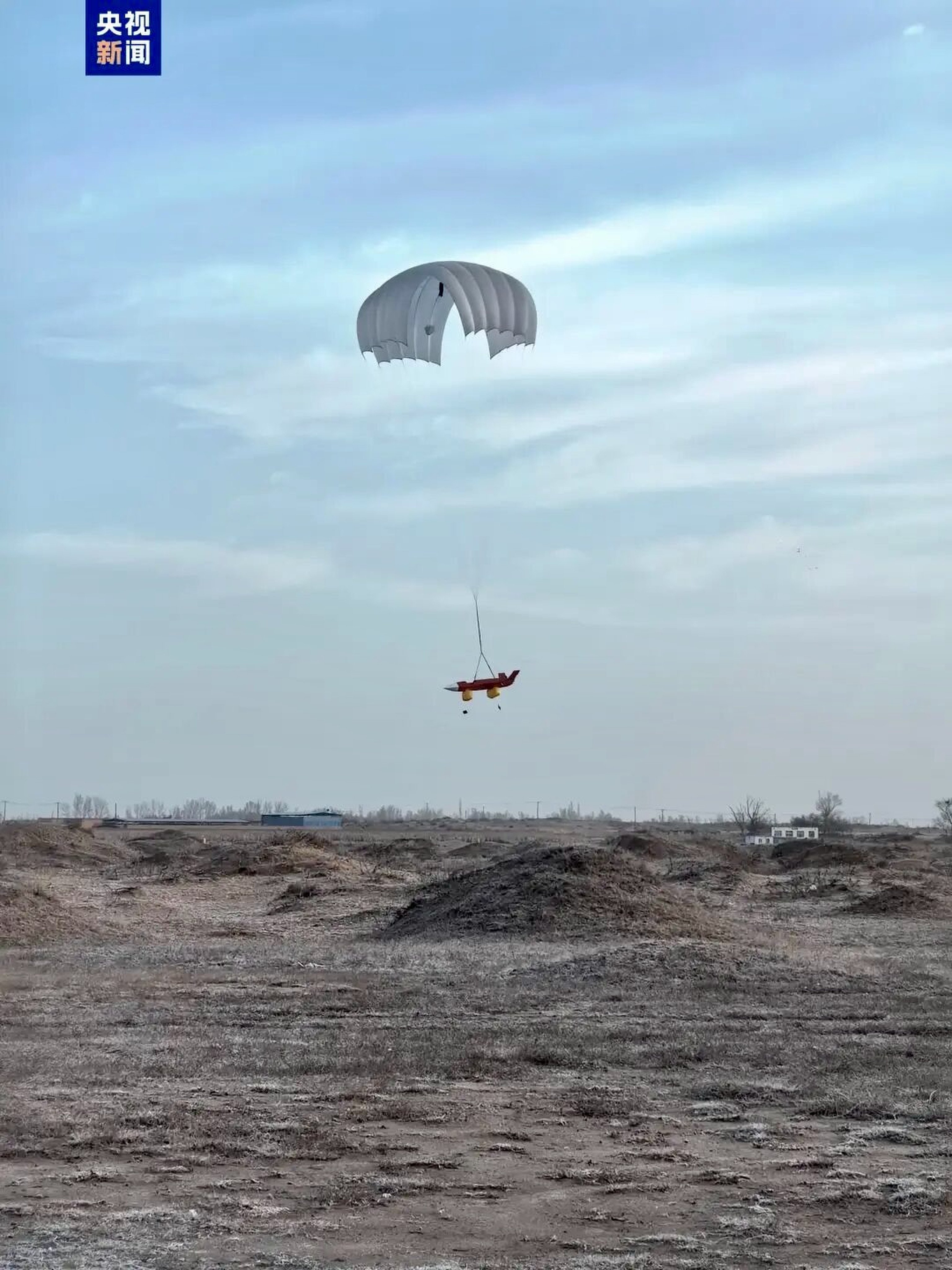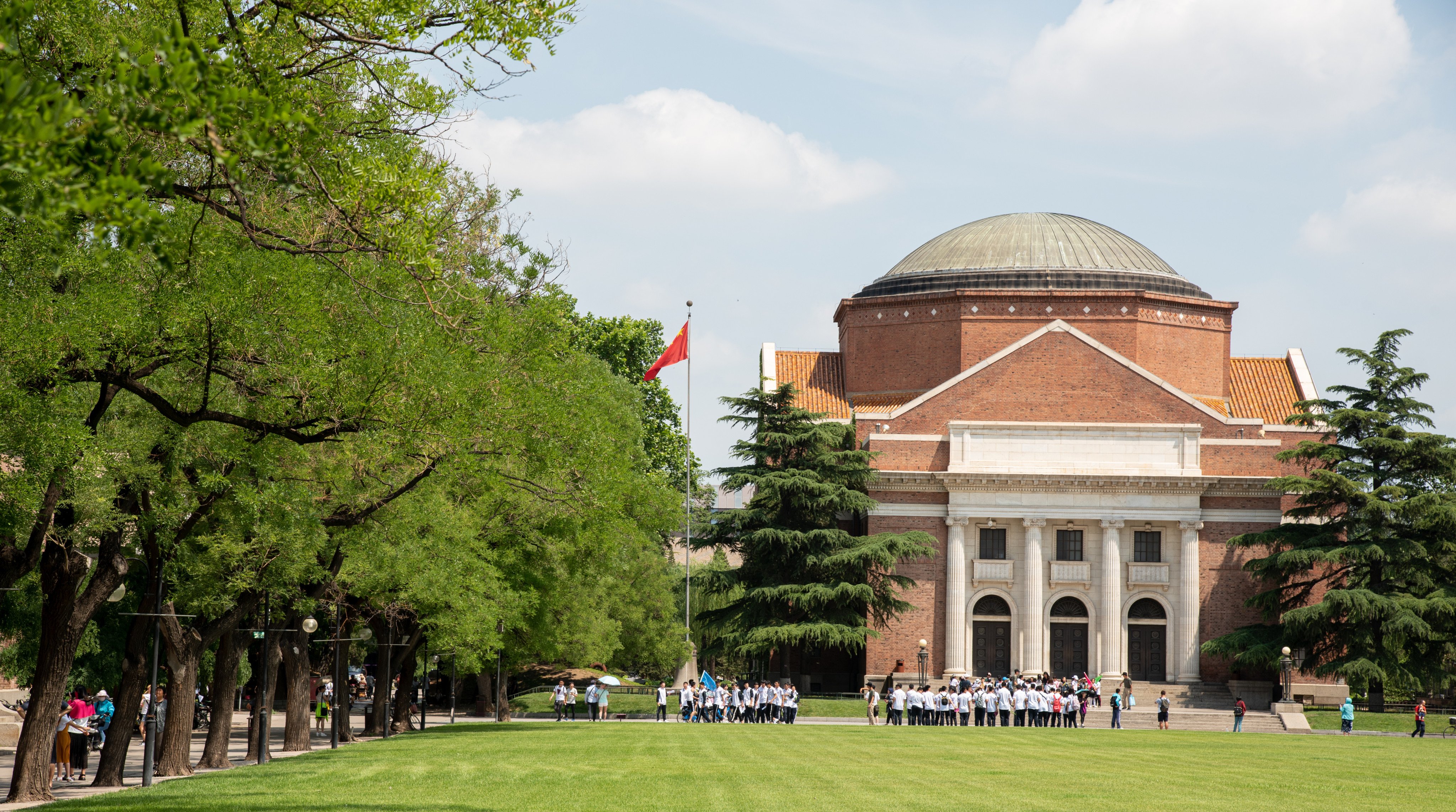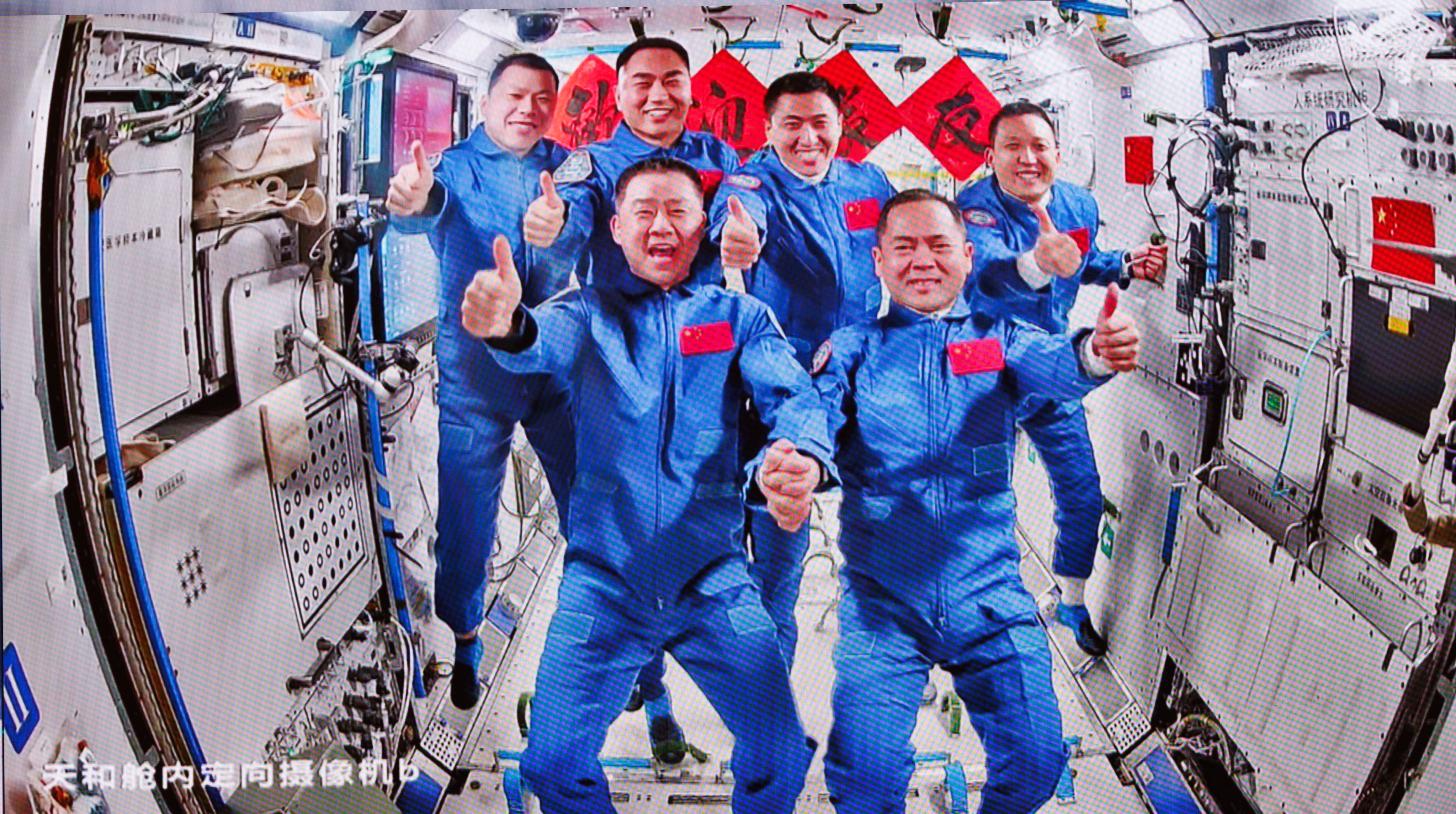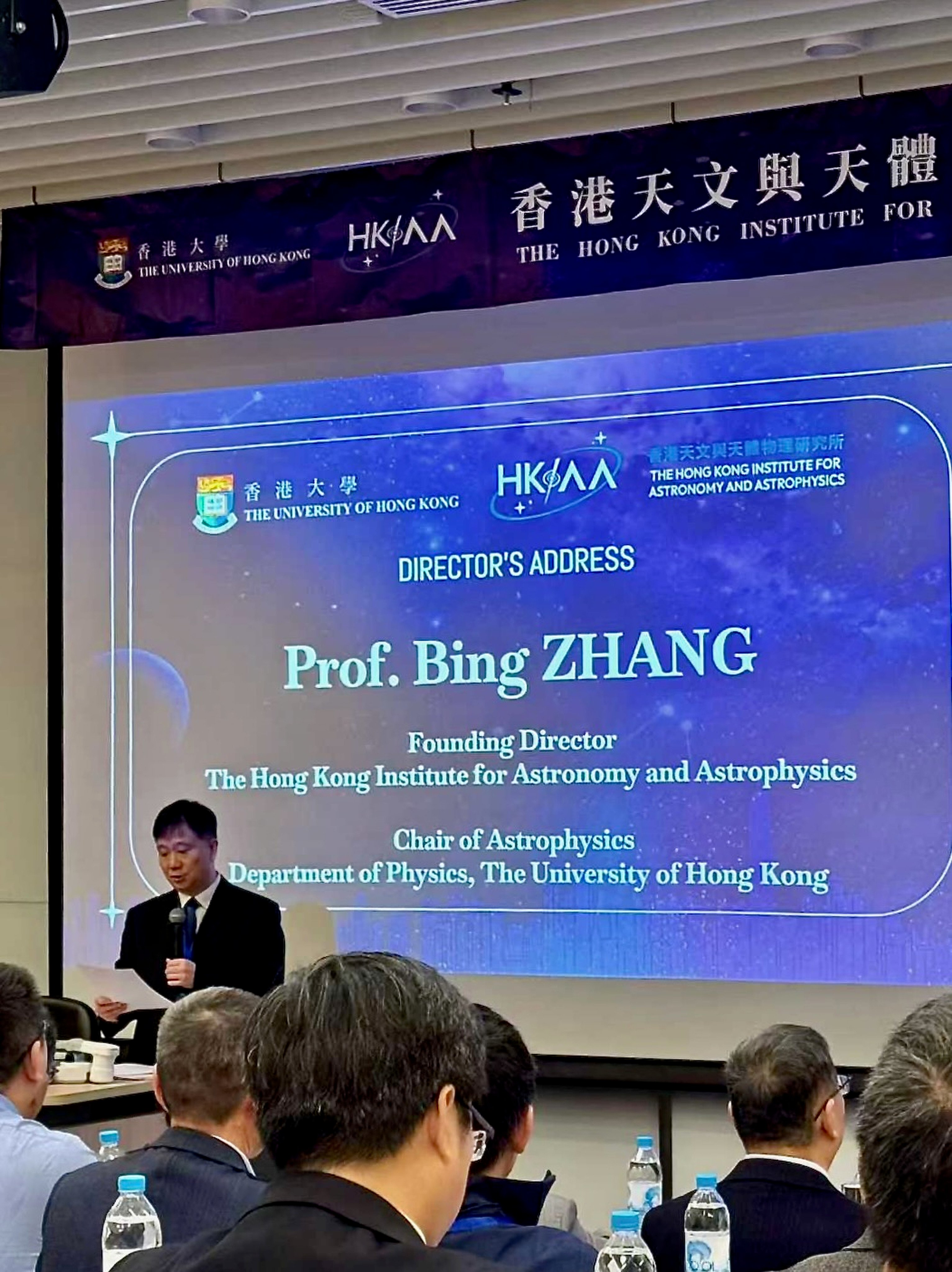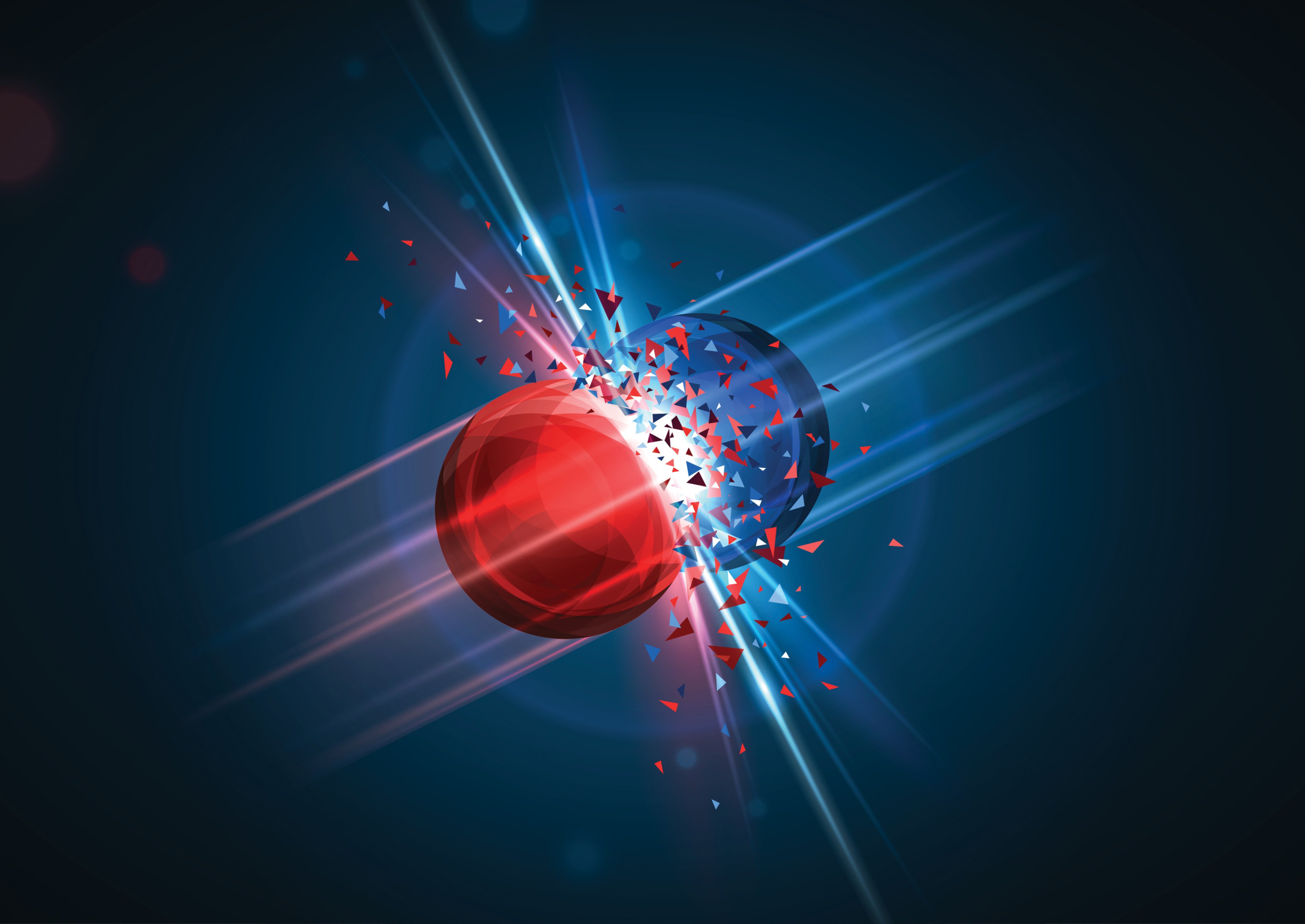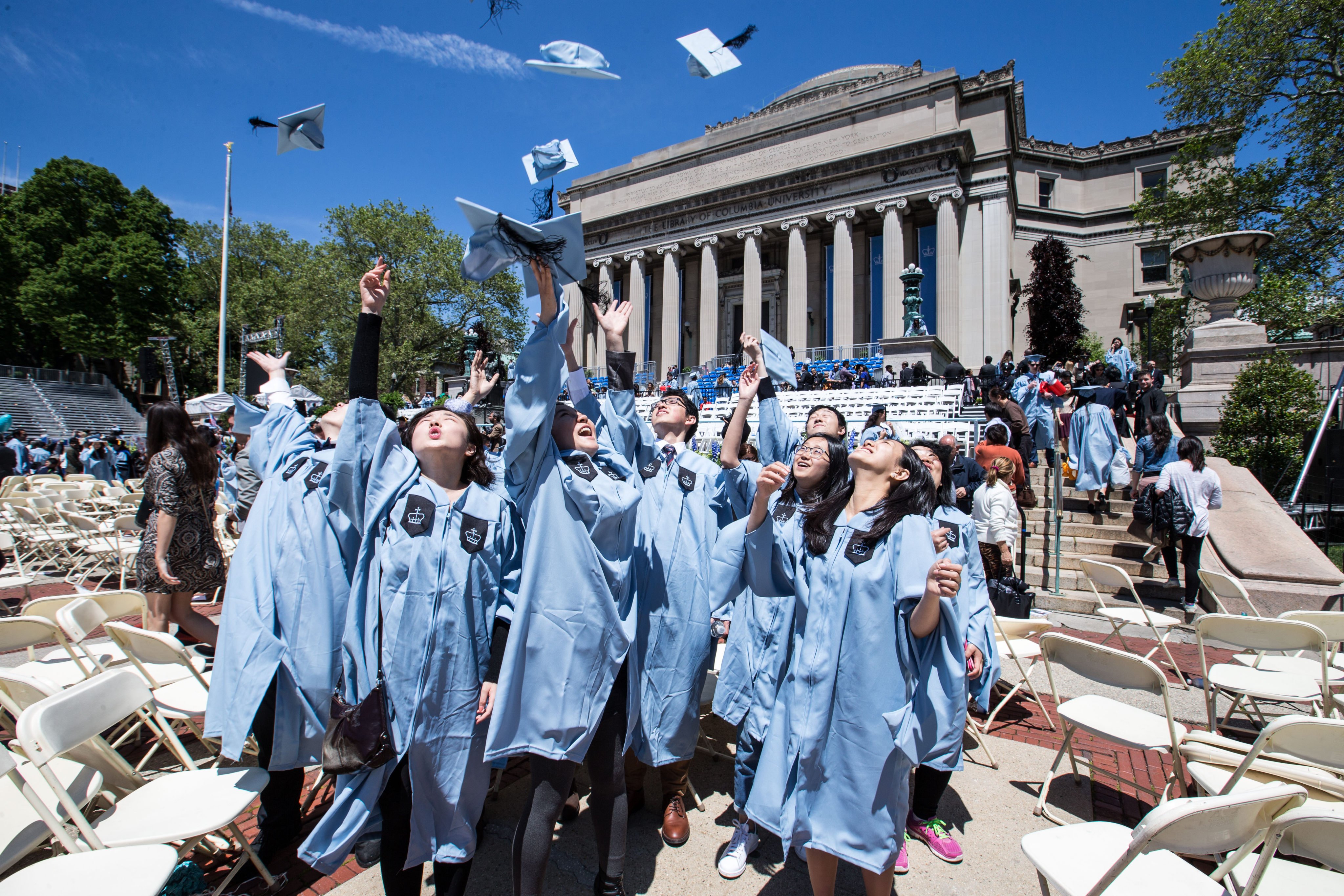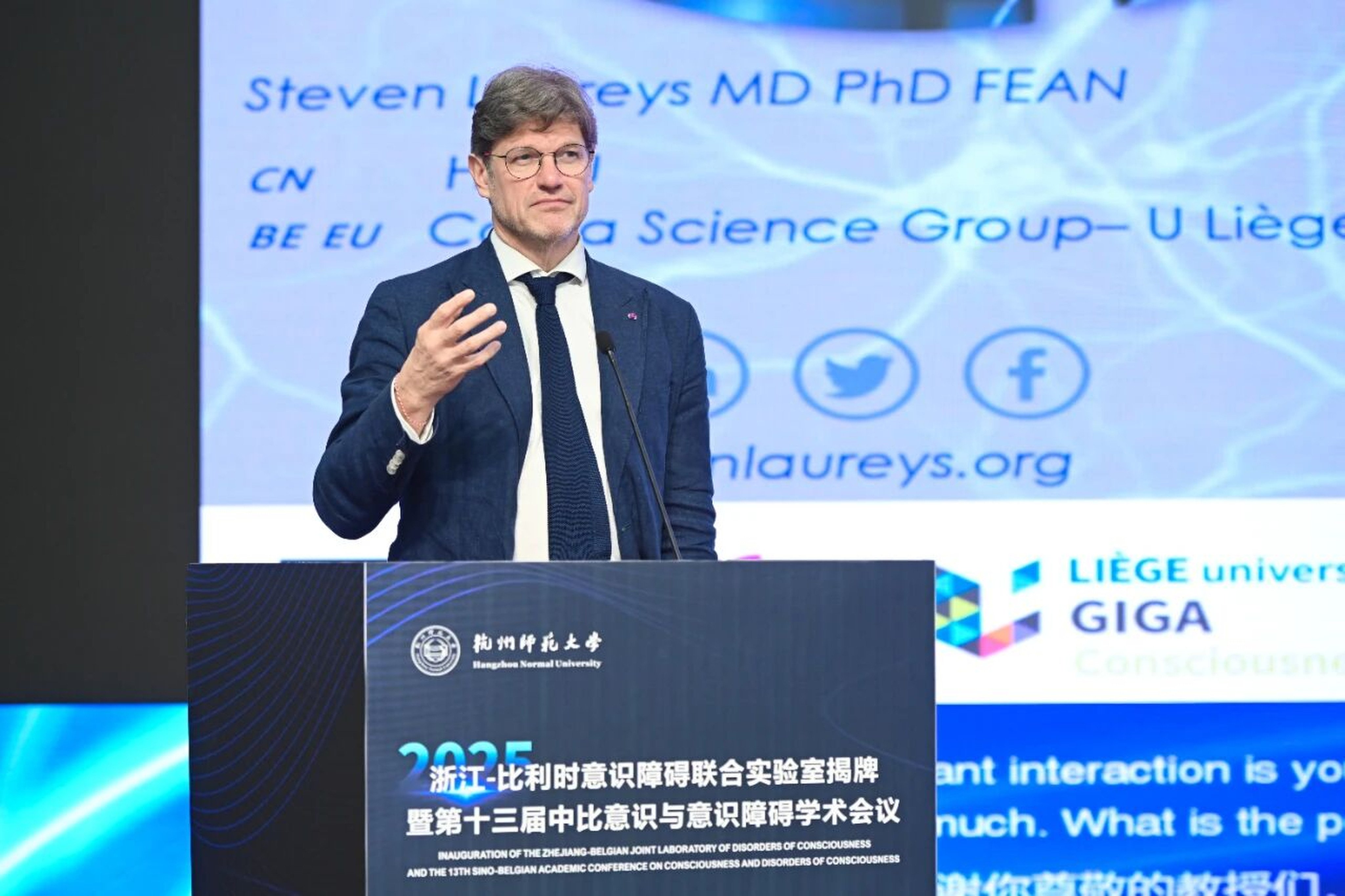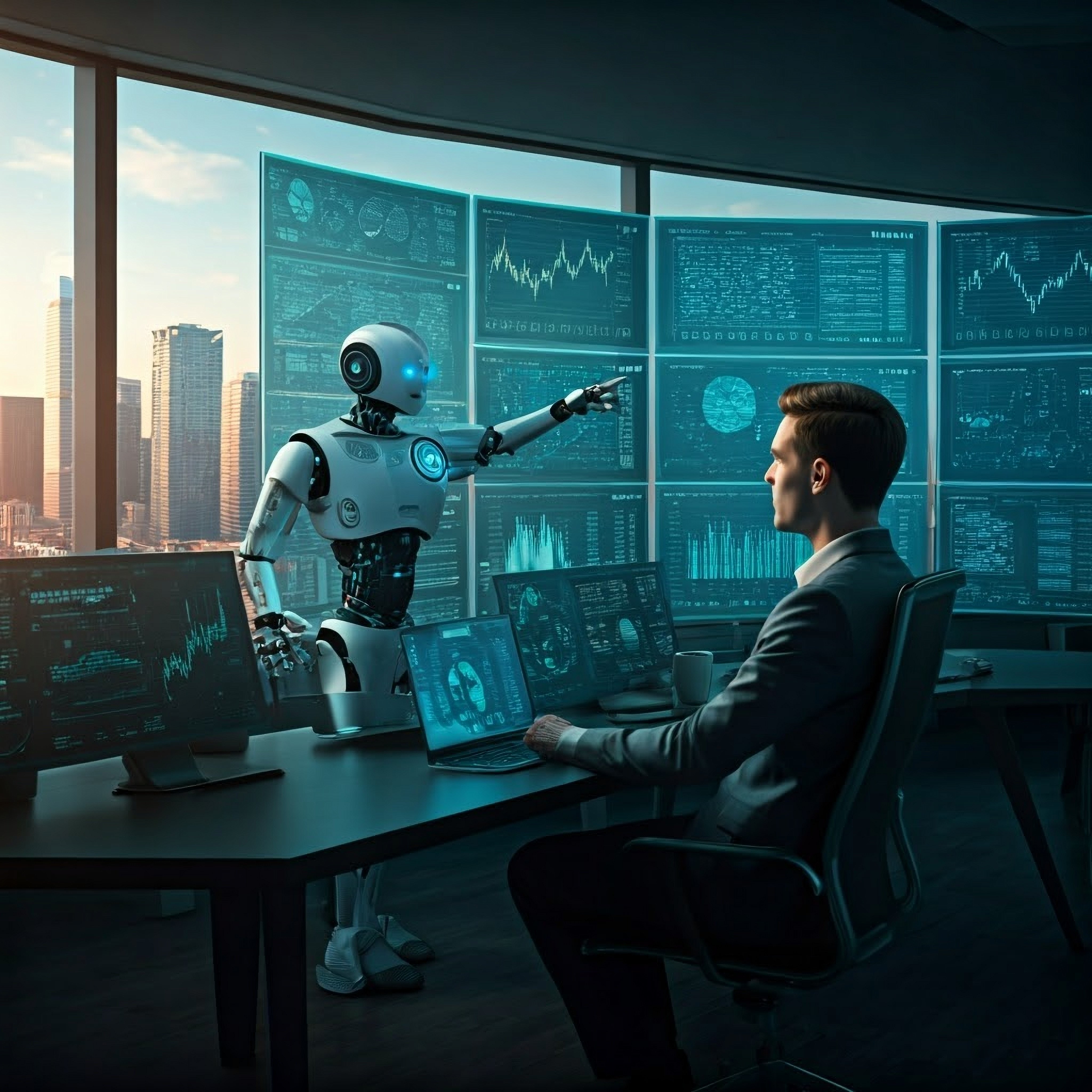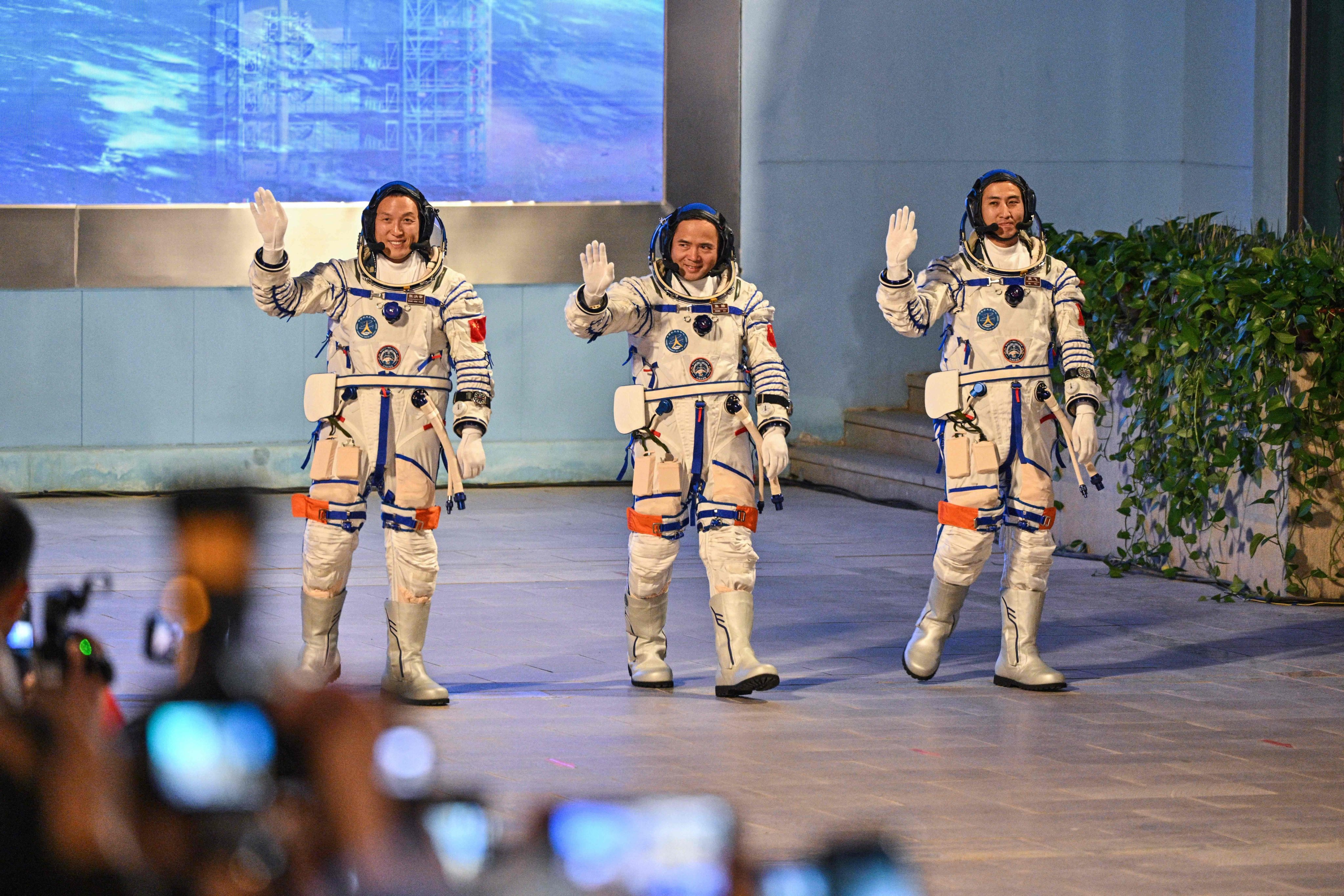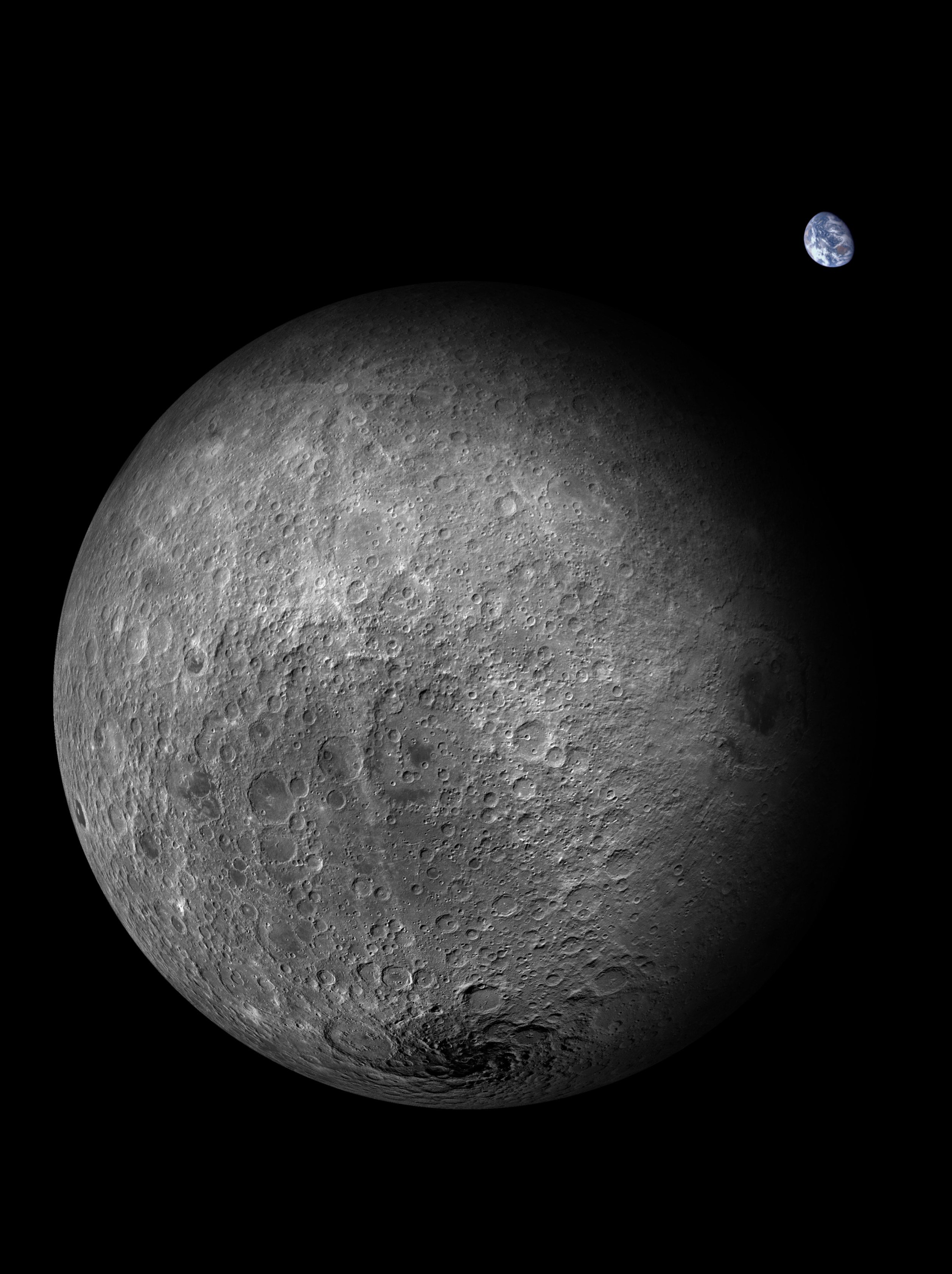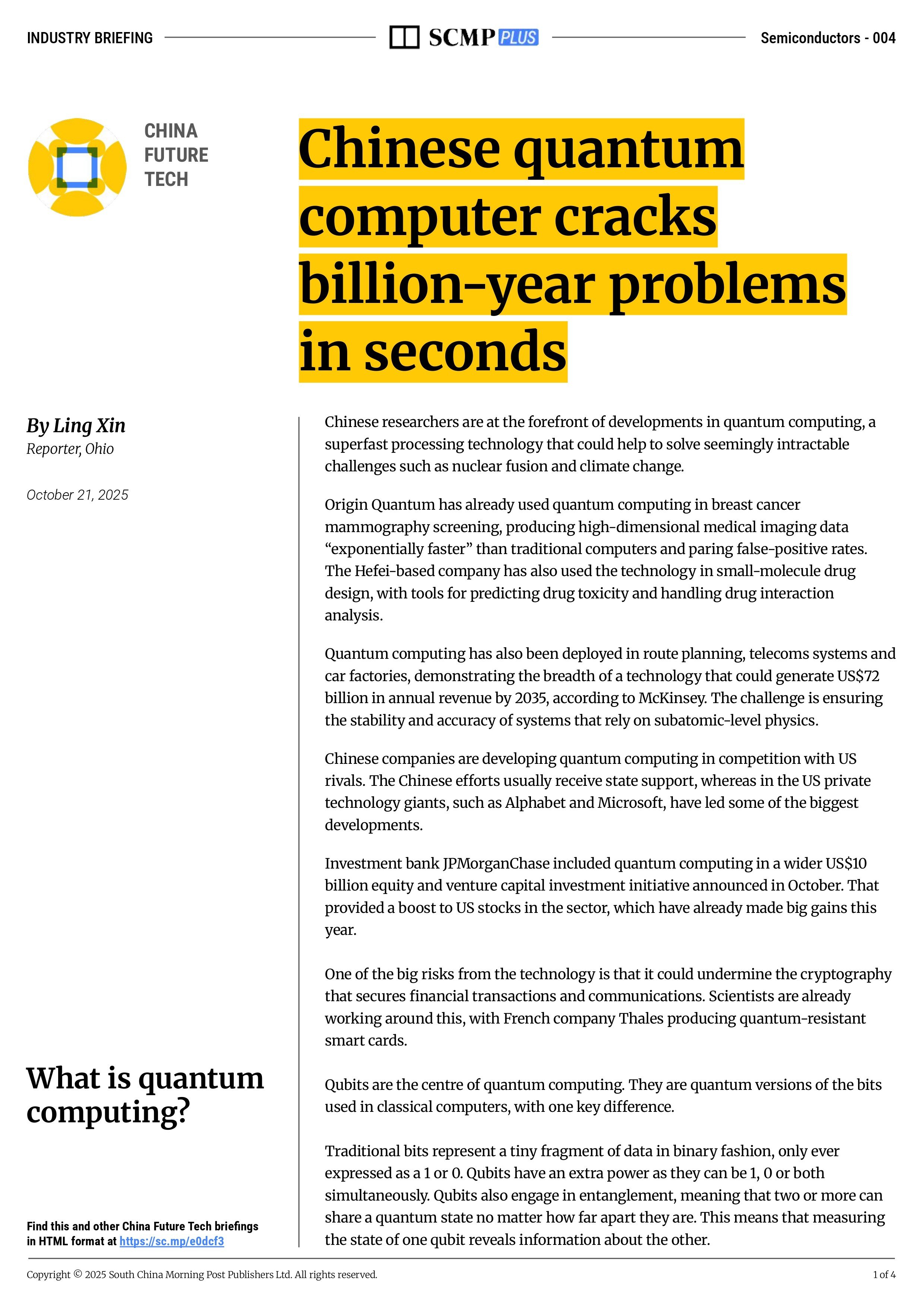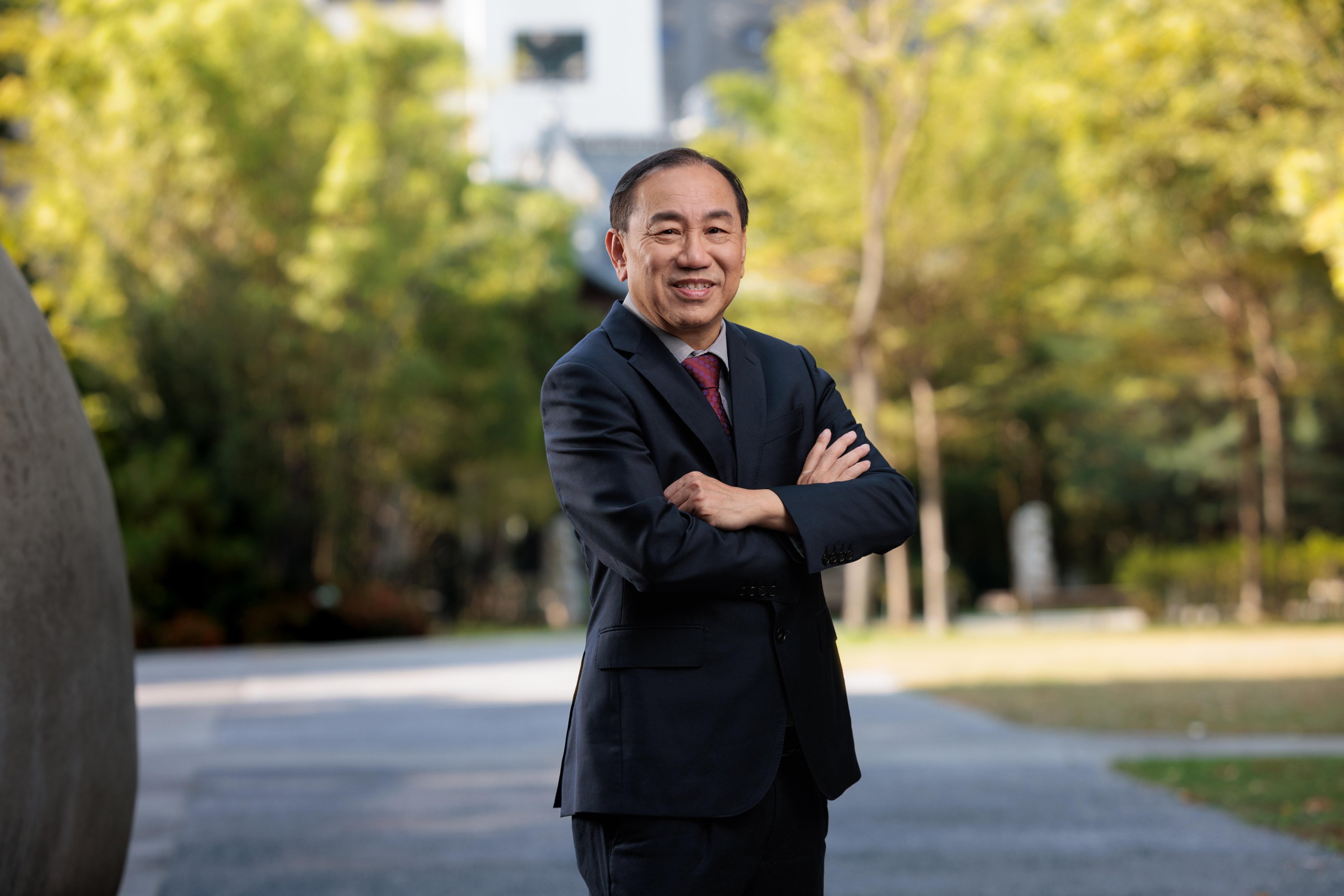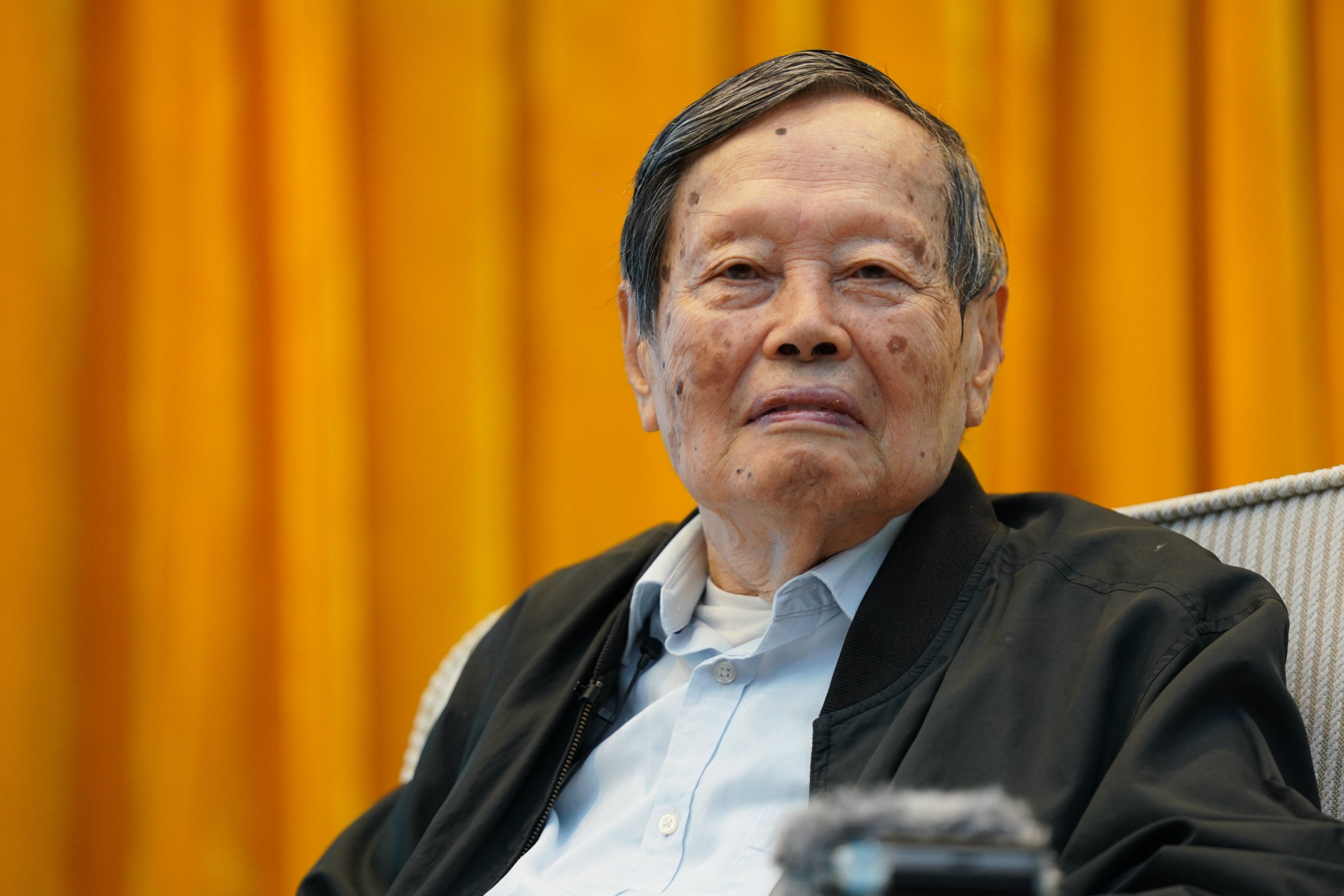Chinese team is first outside the US to cross key threshold that determines whether practical quantum computers can work reliably at scale.
26 Dec 2025 - 5:12PM videocam
Theoretical breakthrough shows that time’s arrow can emerge naturally from how quantum parts become interconnected.
25 Dec 2025 - 9:01AM videocam
Emperor Hirohito should be held accountable, according to scholars who say the wartime ruler was shielded from prosecution by US policy.
24 Dec 2025 - 12:00PM videocam
US researchers and industry experts warn that even the revised version may have unintended consequences.
18 Dec 2025 - 9:00PM videocam
Consciousness expert Steven Laureys has taken on a role at Hangzhou Normal University amid ‘challenging times’ for science in the US.
Senior biologist Zhang Hong, a member of the prestigious Chinese Academy of Sciences, fears genuine innovation may be at risk.
17 Dec 2025 - 10:00AM videocam
Chinese archaeologists invoke Nuremberg in renewed call for a comparable legal reckoning for Japanese atrocities.
Mike Griffin says Artemis programme ‘cannot work’ because of complex design and unproven tech, while Chinese are ‘doing the right things’.
10 Dec 2025 - 9:00PM videocam
‘Exceptionally precise’ set-up mimics thought experiment devised by sceptical genius to disprove the then-emerging field.
Family alleges Northwestern’s actions during ‘China Initiative’ investigations linked to death of leading researcher.
4 Dec 2025 - 8:54PM videocam
Interview details rapid response to emergency triggered by a shard of nearly invisible space debris about the size of a grain of dust.
3 Dec 2025 - 2:00PM videocam
The web of 156 orbiting sensors will form the country’s second space situational awareness constellation designed to bring down the risk of collisions.
30 Nov 2025 - 10:00PM videocam
The Long March 12A, Zhuque-3 and Tianlong-3 are expected to be used to build the country’s massive internet satellite constellations.
27 Nov 2025 - 1:59PM videocam
Crack in spacecraft window could signal a shift towards greater cooperation between Beijing and Washington over orbital junk, analysts say.
22 Nov 2025 - 9:00PM videocam
Thailand’s monarchs in exchange with orbiting crew on board Tiangong station during visit to highly restricted mission control centre in Beijing.
19 Nov 2025 - 3:59PM videocam
Engineers say they have successfully tested the engine on a missile-shaped target drone, showing that it can operate at high altitudes.
Social media commenters point out anomalies, calling the results ‘nonsense’ and ‘unintentionally funny’.
14 Nov 2025 - 2:06AM videocam
Officials say ‘emergency plans’ have been activated, while sources say a new return vessel would be sent to replace one hit by debris.
11 Nov 2025 - 5:17PM videocam
Zhang Bing – considered a leading expert on the mechanisms behind gamma-ray bursts – has relocated after nearly three decades in the US.
Multibillion-dollar research proposal to study Higgs bosons did not make the shortlist for the nation’s next five-year plan, lead scientist says.
6 Nov 2025 - 8:45PM videocam
Every 100 Chinese students studying in US helps create an extra master’s programme, researchers say.
6 Nov 2025 - 12:19PM videocam
European scientist is one of the world’s first to use brain-imaging tech to study hidden awareness in unresponsive patients.
3 Nov 2025 - 3:06PM videocam
Despite rapid advances and fierce competition with China, artificial intelligence shows limitations at Agents4Science event.
2 Nov 2025 - 8:00PM videocam
Shenzhou-21 crew reaches Tiangong in record time and will conduct 27 scientific experiments during six-month mission.
1 Nov 2025 - 6:43PM videocam
President tells navy sailors that EMALS is expensive, unreliable and difficult to repair and he plans to sign executive order to abandon it.
29 Oct 2025 - 12:00PM videocam
Seven international partners deliver experiments for Chang’e-7 as authorities report smooth progress towards 2026 launch.
23 Oct 2025 - 2:00PM videocam
Chinese-American researchers are finding similarities with chaotic period under Mao Zedong that targeted intellectuals in China.
23 Oct 2025 - 12:07AM videocam
Superfast and powerful, quantum computers could help solve some of humanity’s biggest challenges, as well as transforming finance, drug discovery and other fields.
After decades at the forefront of Singapore’s leadership in the field, he has moved to Wuhan University of Science and Technology.
Researcher whose contribution to science was described as ‘close to Einstein’ specialised in the study of subatomic particles.
18 Oct 2025 - 9:20PM videocam
